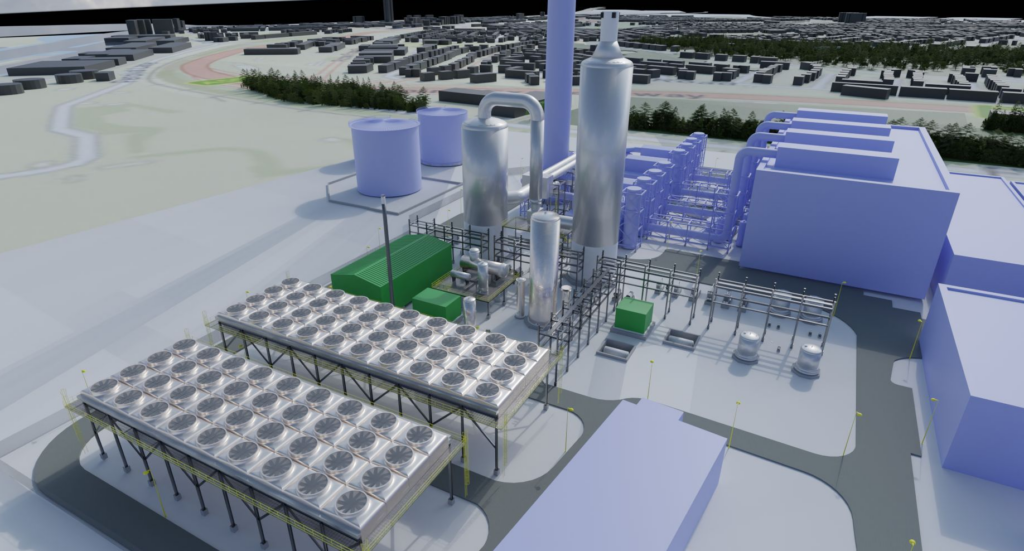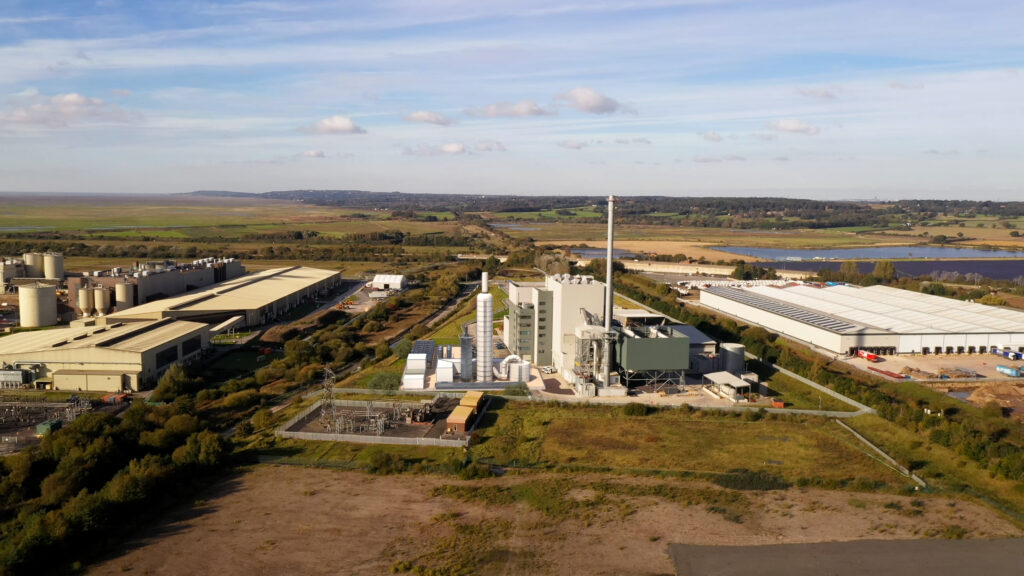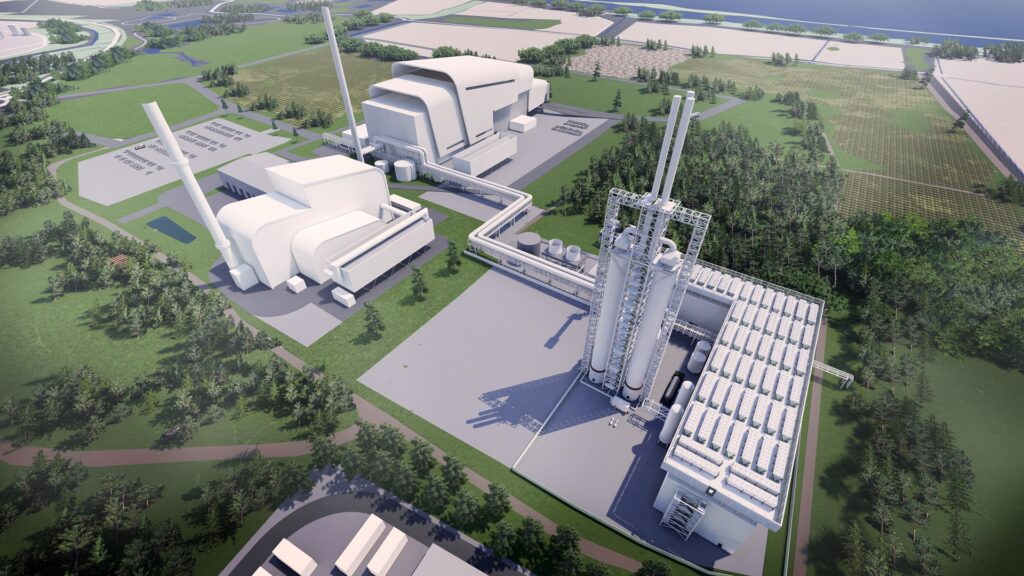But, according to Veolia, the UK won’t fulfil its carbon reduction commitments at current rates of emission mitigation.

The company explains that waste and resource sector is “powering ahead” with a variety of energy saving solutions to redress this imbalance.
Opportunities
The report identifies a number of opportunities for the waste and resources sector to help reduce greenhouse gas emissions.
These solutions include replacing a proportion of UK energy use for heating purposes with the heating generated by energy recovery facilities (ERFs). If ERFs utilise their ability to deliver district heating to local business and residents “it could generate 530 MW of heat; cutting carbon emissions by 570,000 tonnes,” Veolia says.
Also, by recycling 500,000 tonnes of plastic waste, including pots tubs and trays. Veolia says better design in manufacturing combined with upgrading recycling facilities will help save over 1 million tonnes of CO2 emissions.
And, if 50% of all diesel trucks, vans and cars in the sector to be replaced by electric. Making this change “will improve air quality as well as contribute to long term climate goals,” Veolia notes, “saving 400,000 tonnes of CO2 in emissions”.
‘Essential’
Richard Kirkman, chief technology and innovation officer at Veolia, said: “Reducing greenhouse gas emissions is essential to controlling climate change.
“Our research suggests the waste and resource sector will save an additional 23 million tonnes of CO2 by 2032 – a significant portion of the carbon budget shortfall.”
Veolia has taken the opportunity to highlight its “green innovation”, which includes the company’s plastics facility in London. The facility processes 300,000,000 bottles (HDPE) and turns them into high quality food grade pellets for manufacturing.
‘Urgently needed’

Nick Voulvoulis, professor of environmental technology, Imperial College London, who led the research commissioned by Veolia, explained: “While effective new strategies and policies are urgently needed to ensure that UK greenhouse gas emissions continue to fall, the waste and resource sector offers a great potential to reduce the carbon shortfall in the country’s 4th and 5th carbon budgets and to combat climate change.
“The sector can facilitate the transition to a green, zero waste economy, maximising the retention of the energy and materials embedded in waste, contributing to the decoupling of economic growth from natural resources.”









Subscribe for free